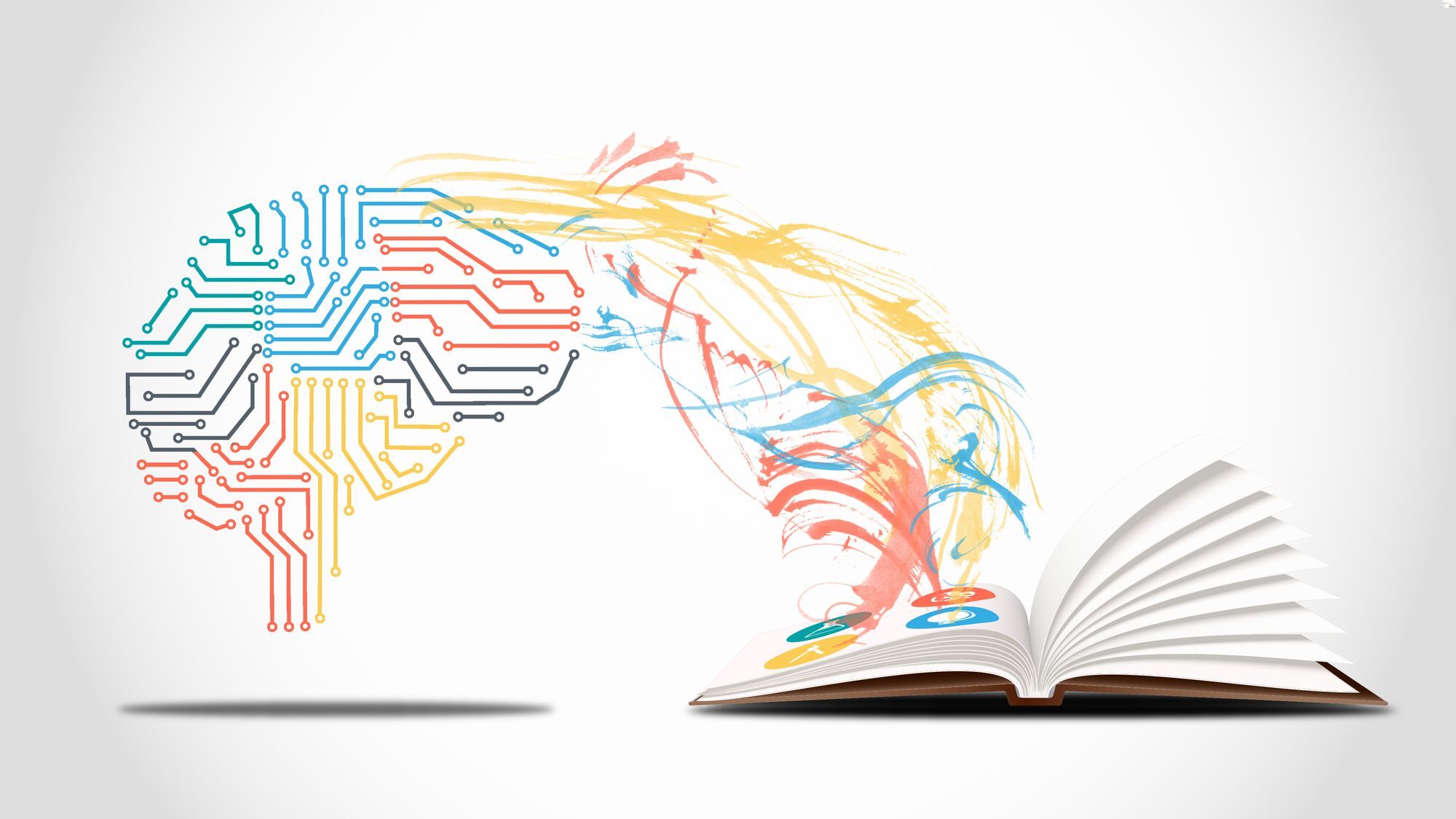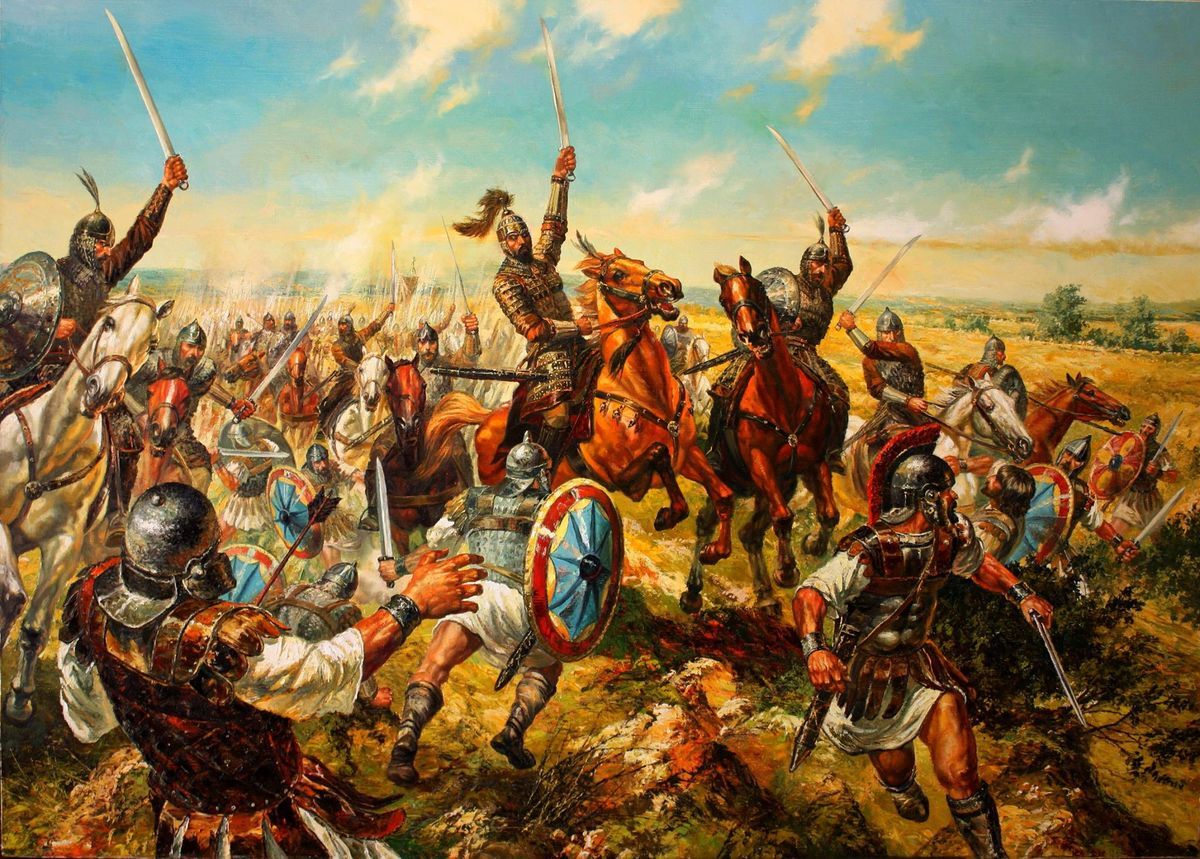
Artificial Intelligence (AI) has revolutionized many fields, and book writing is no exception. Can AI write a book? Yes, AI can write a book. AI algorithms can generate text, plotlines, and even character development. These systems analyze vast amounts of data, learning patterns and styles from existing literature. Some AI-written books have already been published, showcasing the technology's potential. However, while AI can produce coherent and engaging content, it often lacks the emotional depth and creativity that human authors bring. This raises questions about the future of literature and the role of human authors in a world where machines can also create stories.
Key Takeaways:
- AI is changing book writing by generating plot ideas, mimicking styles, and even writing entire novels. It's a modern marvel that's making literature more accessible and diverse.
- With AI, writing becomes faster, more efficient, and cost-effective. It's also sparking ethical debates about authorship and creativity. The future of AI in book writing looks promising and full of possibilities.
AI Book Writing: A Modern Marvel
Artificial Intelligence (AI) has revolutionized many fields, and book writing is no exception. From generating ideas to crafting entire novels, AI is changing how authors approach their craft. Here are some fascinating facts about AI book writing.
-
AI Can Generate Plot Ideas: AI algorithms can analyze thousands of books to generate unique plot ideas. This helps writers overcome writer's block and find fresh inspiration.
-
Natural Language Processing (NLP): NLP allows AI to understand and generate human language. This technology enables AI to write coherent and engaging stories.
-
AI-Powered Writing Assistants: Tools like Grammarly and ProWritingAid use AI to help writers improve grammar, style, and readability. These assistants make the editing process more efficient.
-
AI Can Mimic Writing Styles: By analyzing an author's previous works, AI can mimic their writing style. This is useful for creating consistent content in a series or for ghostwriting.
-
AI-Generated Novels: Some AI systems have written entire novels. For example, "1 the Road" is a novel written by an AI trained on Jack Kerouac's "On the Road."
-
Collaborative Writing: AI can collaborate with human authors to create stories. The AI generates text based on prompts, and the human refines and edits the output.
-
Speed and Efficiency: AI can write much faster than humans. This speed allows for rapid content creation, which is beneficial for publishers and content creators.
-
AI in Publishing: Publishers use AI to analyze market trends and predict which genres or topics will be popular. This helps them make informed decisions about which books to publish.
-
AI for Translations: AI can translate books into multiple languages quickly and accurately. This makes literature more accessible to a global audience.
-
Personalized Stories: AI can create personalized stories based on user preferences. This technology is used in interactive storytelling apps and games.
-
AI-Generated Poetry: AI can also write poetry. By analyzing the structure and style of poems, AI can generate original verses that evoke emotion and imagery.
-
Educational Tools: AI is used to create educational content, including textbooks and study guides. These tools can be tailored to individual learning styles and needs.
-
AI in Screenwriting: AI is making its way into screenwriting, helping writers develop scripts for movies and TV shows. It can generate dialogue, plot points, and character arcs.
-
Ethical Considerations: The use of AI in writing raises ethical questions about authorship and originality. It's important to consider who gets credit for AI-generated content.
-
AI and Creativity: Some argue that AI lacks true creativity because it relies on existing data. However, others believe AI can inspire new forms of creative expression.
-
Cost-Effective: Using AI for writing can be cost-effective, reducing the need for multiple drafts and extensive editing. This can lower production costs for publishers.
-
Future of AI Writing: The future of AI in book writing is promising. As technology advances, AI will become even more sophisticated, potentially transforming the literary world.
AI book writing is a fascinating blend of technology and creativity. As AI continues to evolve, it will undoubtedly play an even larger role in the world of literature.
The Future of AI in Book Writing
AI is transforming book writing. It's not just a tool for generating text but a partner in creativity. Authors can use AI to brainstorm ideas, outline plots, and even edit drafts. This technology speeds up the writing process, making it easier for writers to bring their stories to life. While some worry about AI replacing human authors, it's more about collaboration. AI handles repetitive tasks, freeing writers to focus on creativity. As AI continues to evolve, its role in book writing will grow, offering new possibilities for storytelling. Embracing AI doesn't mean losing the human touch; it means enhancing it. Writers who adapt to these changes will find themselves at the forefront of a new era in literature. So, whether you're a seasoned author or just starting, AI can be a valuable ally in your writing journey.
Frequently Asked Questions
Was this page helpful?
Our commitment to delivering trustworthy and engaging content is at the heart of what we do. Each fact on our site is contributed by real users like you, bringing a wealth of diverse insights and information. To ensure the highest standards of accuracy and reliability, our dedicated editors meticulously review each submission. This process guarantees that the facts we share are not only fascinating but also credible. Trust in our commitment to quality and authenticity as you explore and learn with us.


